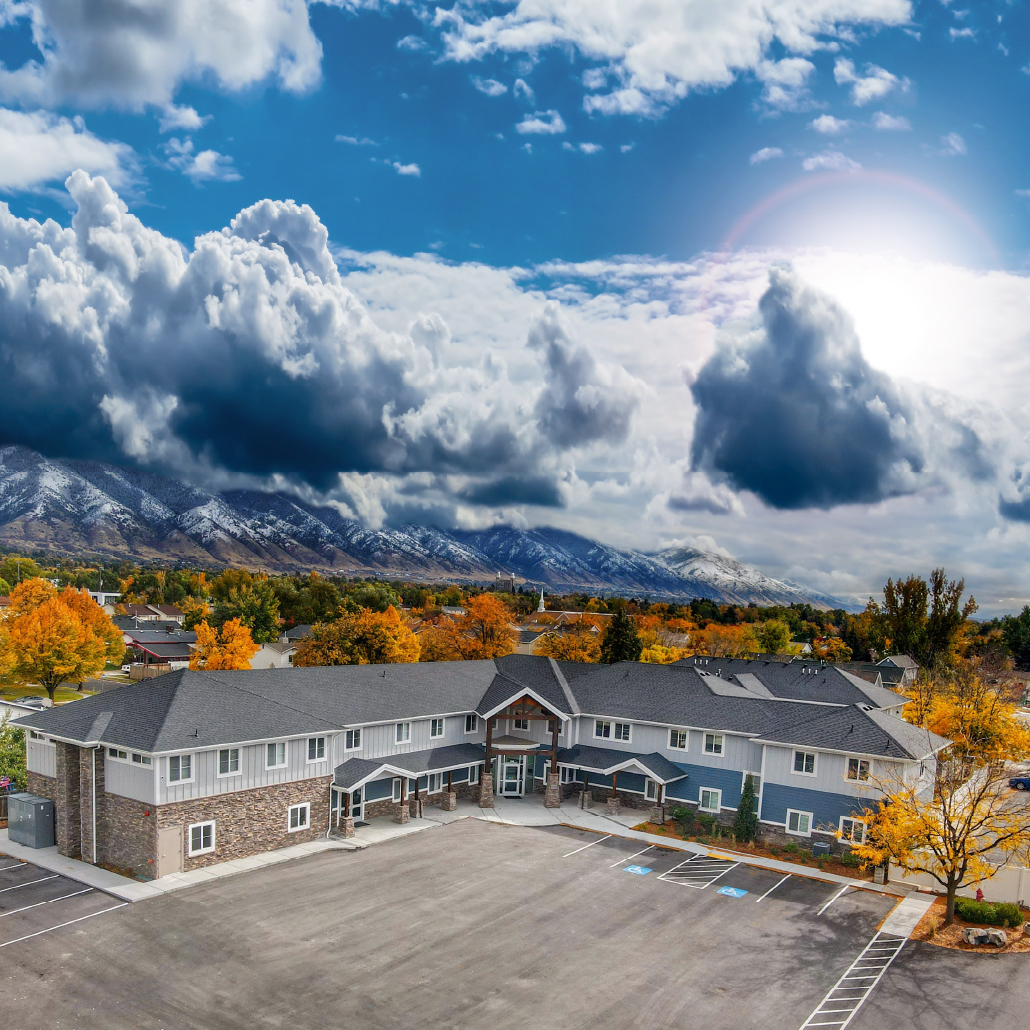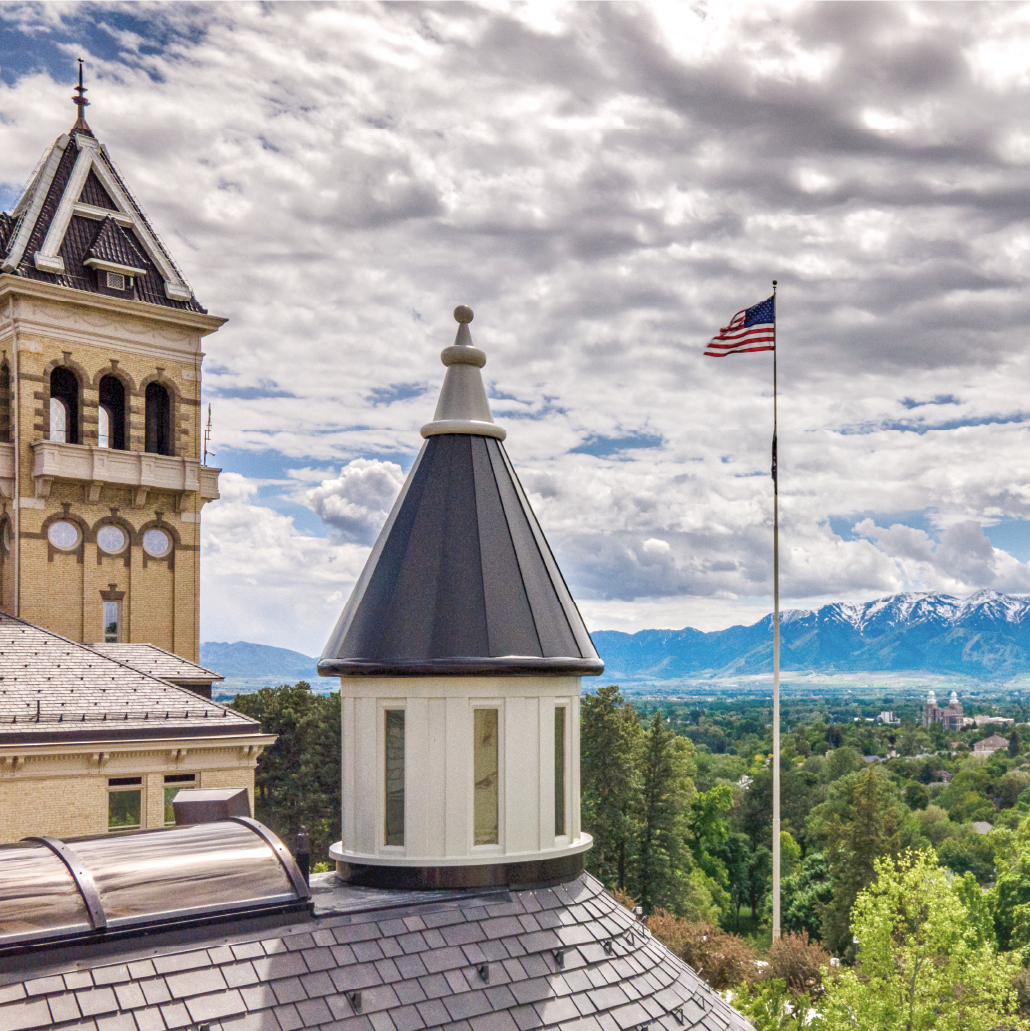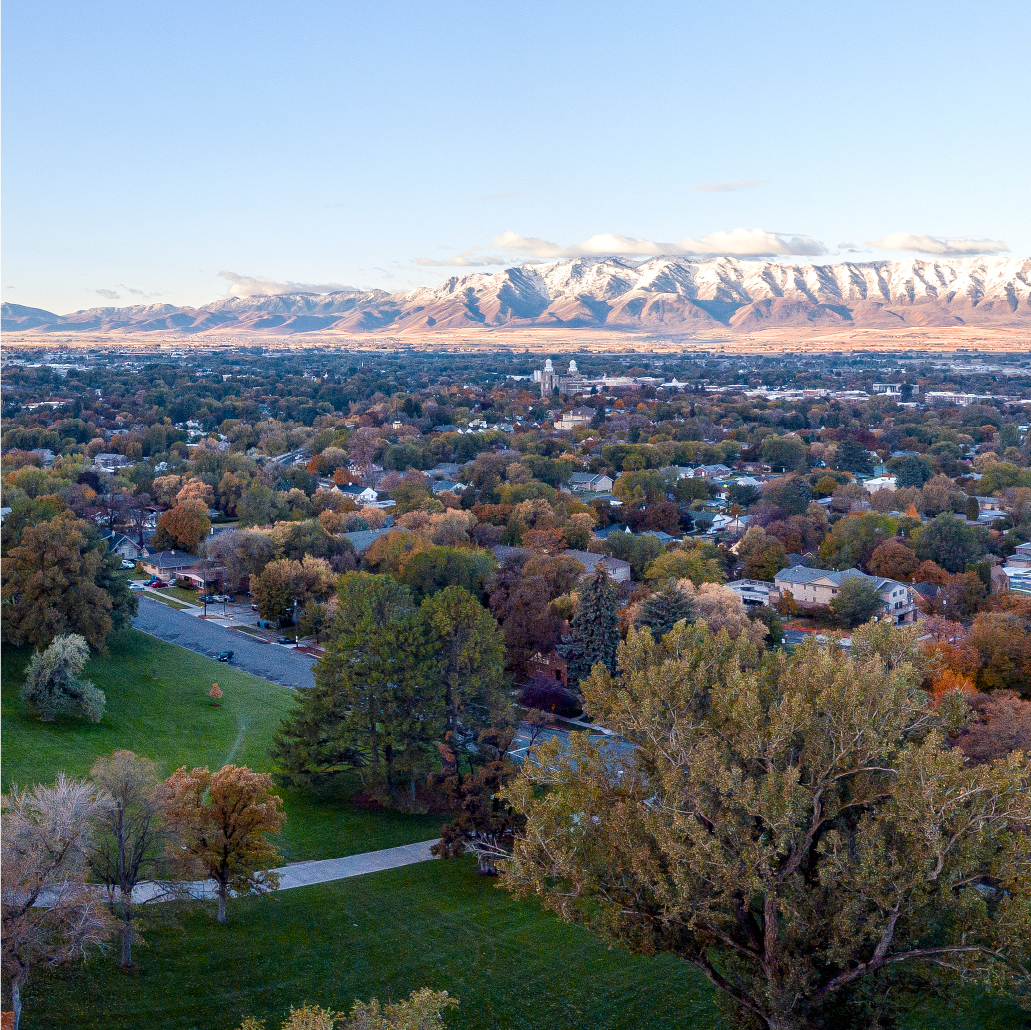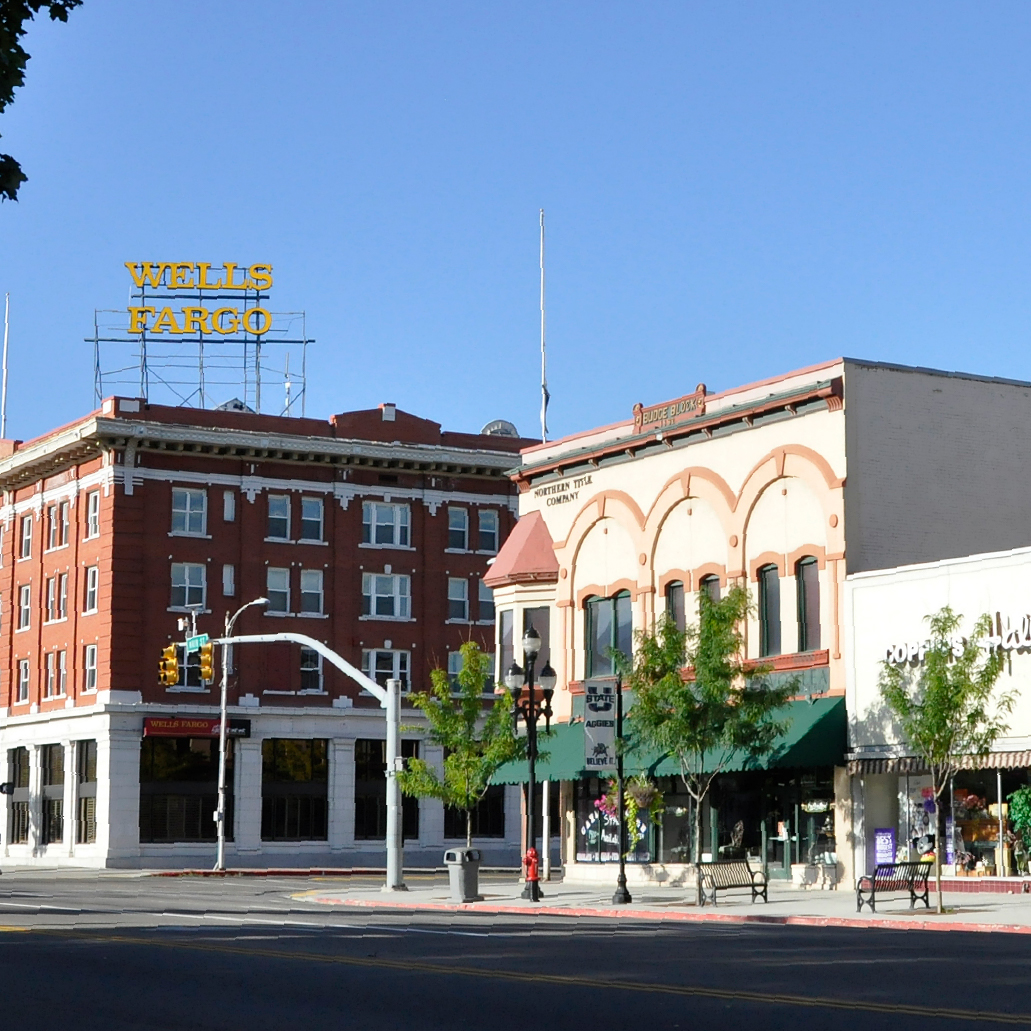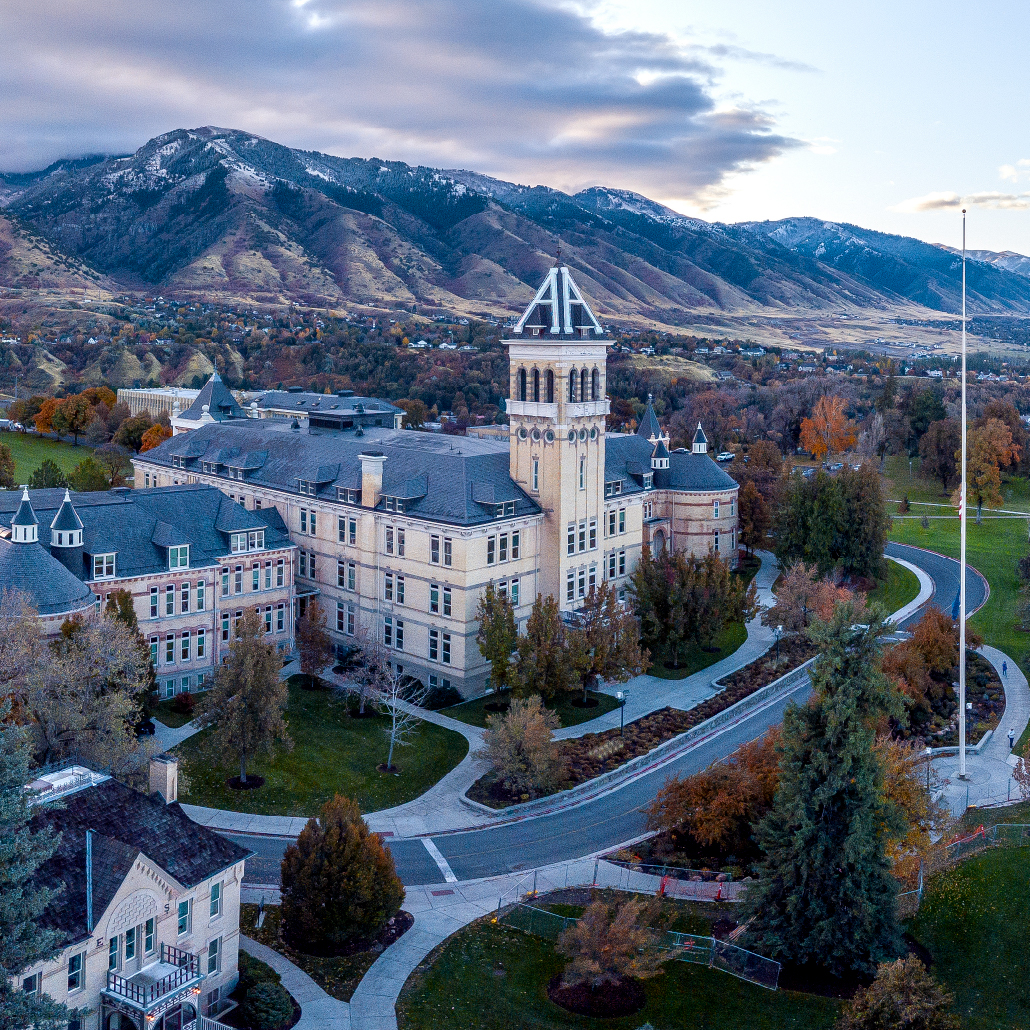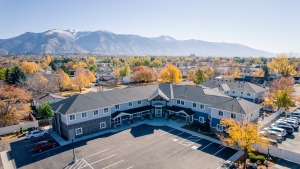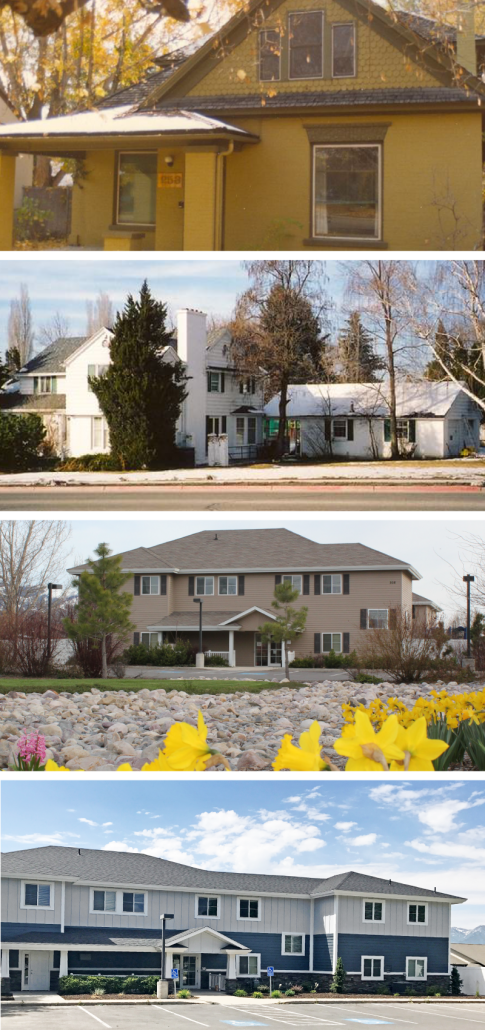Financials
$0.90
of every dollar goes directly to survivors
100% of your donation Help Survivors
When you contribute, you can feel good that your gift benefits individuals impacted by domestic violence, sexual abuse, and rape. 90% of your donation goes directly to support services, while 10% is used for the cost of running the business and securing contributions that make our work possible.
For full financial transparency, you can view our 990 IRS reports for the last 5 years.
For financial data from prior fiscal years, please contact the Executive Director or Operations Director at (435) 753-2500.
CAPSA’s History
In 1976, two high-profile rape cases occurred on Utah State University’s campus. This troubled many community members, and deciding to act, they created the Cache Valley Rape Crisis Team. The team was a hotline and calls were directed toward the university’s Women’s Center.
In 1979, Utah passed a spousal abuse act, which made domestic violence illegal. With this legislation, both the need and funding for domestic violence shelters increased. The response team changed it’s name to Citizens Against Physical & Sexual Abuse, and community members began housing individuals within their own homes.
It wasn’t until 1984 that CAPSA gained enough monetary support to allow a shelter to be purchased. The board then hired CAPSA’s first five full-time employees, and on Valentine’s Day of 1985, CAPSA began serving clients.
Also in 1985, Somebody’s Attic was formed to address CAPSA’s need for continual funding. A CAPSA board member created the organization with the idea that all sale proceeds from the items donated would go to CAPSA. Since its inception, Somebody’s Attic has raised more than $1 million to help end abuse. In 2017, CAPSA received more than $60,000 from Somebody’s Attic.
With this new source of funding, CAPSA was able to form the Mobile Crisis Team in 1992. Team members then and now meet with victims of abuse and stay with them as a rape exam is completed or as they recount what happened to law enforcement personnel. Members of the Mobile Crisis Team are seen as both advocates and friends to the victim, and they are there when family, friends, roommates and others cannot be. When the crisis team was created in 1992, it was the first of it’s kind in the state of Utah.
Ten years after the Mobile Crisis Team was created, a new shelter opened in 2002. This shelter nearly doubled the capacity of CAPSA’s previous shelter and allowed for two new living room areas and kitchens.
In 2017, CAPSA expanded again, when it opened the Gail Bird Weinshenker Therapy Center and the Mary Flynn Palley Children’s Center. These needed additions aid CAPSA staff as they provide therapy and other services to all individuals in need within Cache & Rich Counties.
In 2020, with the generous donation from the Charis Legacy Foundation, CAPSA began construction on a 9,575 sq. ft. addition to our main office. This addition will create a single entry for improved security and add 16 program offices for casework and clinical therapy, add four dedicated group rooms, create a Prevention Education Department area and an administrative space.
In 2021, CAPSA opened Independence Way. This is CAPSA’s second transitional housing neighborhood.










